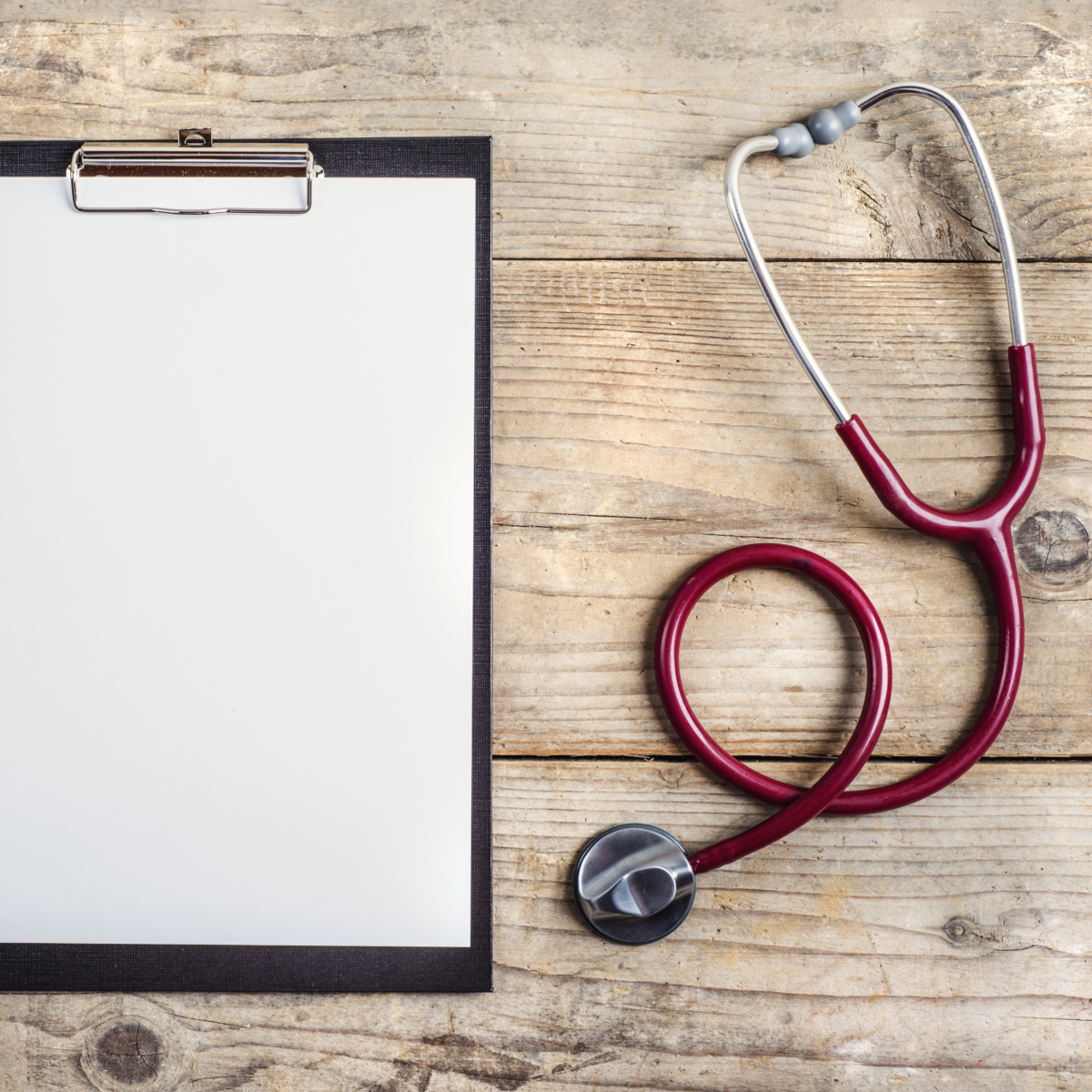Health Literacy
Health Literacy Definition & Assessment

You might have heard the term “health literacy” before or at least heard of its cousin, self-advocacy, but what does health literacy really mean?
The U.S. Department of Health and Human Services defines health literacy as, “the degree to which individuals have the capacity to obtain, process, and understand basic health information and services needed to make appropriate health decisions.”
Why is this important? In order to advocate for yourself and your needs, you have to know what you need and what options are available to you in the first place. Health literacy is when the information and health services you need align with your ability to process, understand, and use that information and those services.
Can you navigate your patient portal? Do you know what questions might be helpful to ask your doctor at your next appointment? What’s the difference between a colectomy and a colostomy? Can you give an accurate account of your medical history? These are all examples of things a health literate person might know.
Health literacy speaks to the mission of The Patient Story: to humanize the medical field for cancer patients. Our founder, Stephanie Chuang says, “Websites like The Patient Story are helpful because you can find someone who underwent the same treatment you are going to need and better understand what the experience means in human terms—not medicalese.”
How health literate are you? Take our quiz below to find out.
How a patient can practice health literacy:
- Make sure you understand what your doctor is telling you and follow all of their instructions exactly for medications, at-home tests, etc.
- Ask about best practices for diet, sleep, and exercise
- Invest more time and energy into preventative health screenings and services
- Get help navigating your patient portal
- Engage with your nurse navigator
- Know how to describe your symptoms accurately with your words
- Learn about your health coverage and other financial programs
- Get to know your disease through research
- Use the internet to find general health information and questions for your doctor
Dr. David Gregg is the Chief Medical Officer of StayWell and Krames. Dr. Gregg says that using the internet can be a place to start for general health information, but it shouldn’t be used for self-diagnosis purposes.
He recommends patients use the internet to develop questions to review with their physician, and allow their provider to offer more accurate information specific to their own health level and medical history.
How healthcare professionals can help:
- Use the “teach-back” method. Ask your patient to repeat back what they’re supposed to be doing so you know they understand you
- Ask open-ended questions rather than yes/no questions
- Offer written instructions for taking medications or at-home tests
- Simplify the language on handouts
- Speak in real, human terms and edit out the medical jargon as you talk
- Write out acronyms a patient may be unfamiliar with (WBCs = White Blood Cells)
- Use visual aids when appropriate and useful
- Pay attention to patient behavior and body language when you’re speaking with them
- Advocate for more health literacy awareness at your institution
Why does it matter?
People with low health literacy are more likely to skip preventative healthcare services and spend more time and money on treatments after they’ve already gotten sick. They are more likely to practice unsafe use of over-the-counter medications. They may even suffer from shame about their skill level or knowledge base.
The good news is these are all preventable problems. By elevating health literacy and educating patients and healthcare professionals alike on how to address the issue, we can make giving and receiving health services a smoother experience all around.
“At minimum, having a healthy level of health literacy can lead to a feeling of calm and control because there’s understanding about the situation. When you’re dealing with so much uncertainty in your life and your future, feeling like you have just a little bit more control means so much,” Chuang says.




